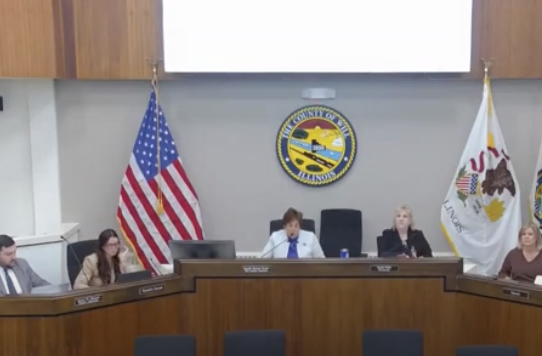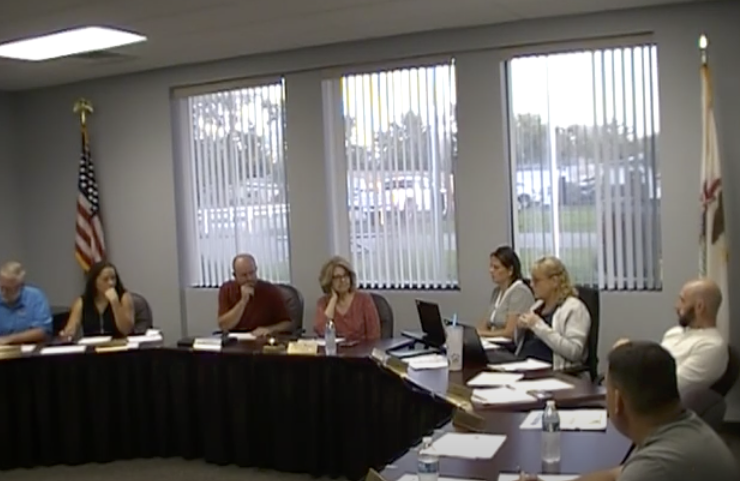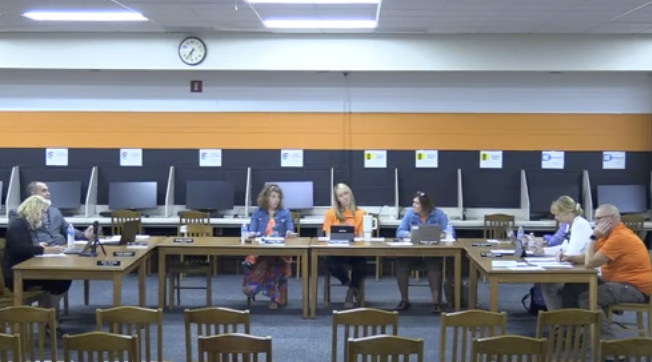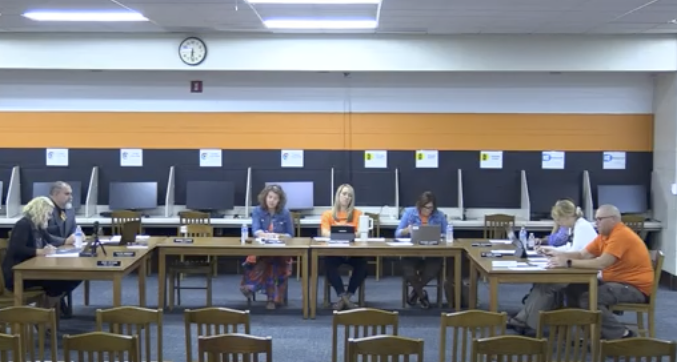
Report: Illinois U.S. Rep faces minimal penalty after disclosure violations
(The Center Square) – According to a new report, Illinois U.S. Rep. Jonathan Jackson has violated federal law by making late disclosures of stock trades.
Investigative journalist and OpenSecrets contributor Dave Levinthal said the Stop Trading on Congressional Knowledge Act requires members of Congress to disclose trades within 45 days.
“Congressman Jackson failed to do that across more than 30 different stock trades,” Levinthal told The Center Square.
According to OpenSecrets, the stocks traded by Jackson’s wife earlier this year included Amazon, pharmaceutical firm Eli Lilly and Company, banking giant Goldman Sachs Group, IBM, Facebook parent company Meta Platforms and T-Mobile US.
The stock trades are worth at least $30,030 but could reach as much as $450,000.
Levinthal said Jackson’s memo to Congress indicated that the violation was an oversight.
“He basically blamed his financial advisor and said it was an oversight on their part and that he doesn’t personally deal with stock trades,” Levinthal explained.
Levinthal said the STOCK Act was passed by Congress for Congress in 2021.
“This speaks very much to the concern that members of Congress, because they are privy to so much insider information and news that may not be necessarily out in the public news bloodstream immediately, that they could potentially abuse that information for their own financial benefit,” Levinthal said. “The STOCK Act was designed to defend against that.”
This is the second time since 2023 that Jackson has violated the STOCK Act. Raw Story reported that year that Jackson was late disclosing up to $300,000 in stock trades from a joint trust.
Levinthal said the potential ramifications for Jackson are unclear.
“The consequences of violating the transparency law are not very transparent,” Levinthal said, adding that neither the House nor the Senate ethics committees release a public ledger of who has been fined and how much they have been fined.
“The fine, at least for a first-time offender, is quite minimal. It’s only $200, and even that can be waived by the ethics committees,” Levinthal explained.
Dozens of federal lawmakers have violated the STOCK Act in the last decade, with the dollar amounts of the stock trades ranging from hundreds of dollars to millions.
Levinthal said a bipartisan group of lawmakers concluded that the STOCK Act is not adequate and would like to ban members of Congress and their immediate family members from buying and selling stocks, individual bonds and cryptocurrency.
Members of Jackson’s staff did not immediately respond to requests for comment.
Christian Maxwell, a Republican running to replace Jackson in Illinois’ 1st Congressional District next year, said she faced real financial hardship when her business collapsed during the COVID-19 pandemic.
“My clients’ revenues dried up almost overnight, but I made it my mission to keep paying my contractors—even when it meant going into debt myself,” Maxwell said in a statement to The Center Square.
Maxwell said she had to fight her way through back taxes like other small business owners in Illinois.
“But there is a clear difference between personal financial hardship and failing to comply with laws that are designed to ensure accountability in public service. The STOCK Act is not a suggestion—it’s the law. It exists because members of Congress have access to sensitive, non-public information about industries, companies, and the economy. They have a ‘leg up’ on the average everyday American who’s investing. Without strict transparency, there’s a real danger of insider trading, or even just the appearance of it—which erodes the public’s trust in government,” Maxwell stated.
Maxwell said it’s not just a paperwork mistake when rules are ignored.
“It’s a violation of the public trust. Illinois families deserve leaders who will be honest about their challenges, committed to transparency, and unwavering in their duty to the people. Everyday Americans don’t get a pass on following the rules—and members of Congress shouldn’t either,” Maxwell concluded.
Latest News Stories

“Federal Policy Uncertainty” Blamed for Delay of Peotone Solar Farm; County Grants Second Extension

Will County Grants Extensions to Five Solar Projects Sold to New Developers

Will County Board Approves Controversial Drug Recovery Retreat in Crete Township

Failed Repair Forces Replacement of 25-Year-Old Furnace at Washington Township Center

Beecher Library Board Approves Budgets for Current and Upcoming Fiscal Years

Meeting Summary and Briefs: Beecher School District 200-U for September 10, 2025

Meeting Summary and Briefs: Village of Beecher Board of Trustees for September 22, 2025

Washington Township Overhauls Wage Structure, Boosts Bus Driver Pay

Beecher Library Board President Shirley Biery Announces Resignation

Beecher Creates New Adjudication Clerk Position to Manage Municipal Court

Beecher High School to Get New Look with Approved Window Wrap

State’s Attorney Donates Tint Meters to Beecher Police to Enhance Traffic Safety

Brad Shrader Appointed to Fill Vacant Beecher School Board Seat

Beecher School Board Approves FY26 Budget With Projected Surplus, Earmarks Funds for Major Projects
